About Hilton Capital Management
Invested In Your Success
As a privately held boutique firm, Hilton Capital Management is committed to personalized service and tailored strategies that set us apart from larger institutions.
We provide actively managed, long-only balanced and equity strategies available on leading investment platforms and as separately managed accounts.
Our strategies focus on delivering superior risk-adjusted returns through reduced volatility, capital appreciation, and income generation, leveraging global macro insights and disciplined security selection.
History
Our Timeline
Veteran fixed income manager Bill Garvey and entrepreneur Larry Rafferty launch Hilton Capital Management with its flagship strategy, Tactical Income (TI). The strategy was designed to appeal to the equity investor who wanted more protection and the fixed income investor who wanted a little more return.
"In today's complex markets, success isn't just about what you own一it's about how thoughtfully you position those assets to participate in upside opportunities while protecting against downside risks."
- William J. Garvey, Founder & CIO Emeritus
Despite the extended effects of the global financial crisis, Hilton continues to gain traction with AUM growth of over 36% between 2008-2010.
Craig O’Neill joins Hilton as CEO, focusing on building out the operational infrastructure to complement Garvey’s investment expertise.
“What makes Hilton so compelling as a company is that we’re able to balance entrepreneurship with conservatism.”
- Craig O’Neill, Chief Executive Officer
Alexander Oxenham joins Hilton as Partner & Co-Chief Investment Officer. Alex helps formalize Hilton’s investment process and co-leads the Tactical Income Strategy.
"Hilton's disciplined approach to portfolio management and focus on risk-adjusted returns aligns perfectly with my institutional experience. I look forward to contributing to Hilton's continued growth and success."
- Alexander D. Oxenham, CFA®, Partner & CIO
The Tactical Income Fund is launched via investment company Direxion in response to customer demand for a mutual fund vehicle.
"As we celebrate these remarkable achievements, we remain dedicated to delivering competitive, risk-adjusted returns and creating opportunities for growth throughout the market cycle for our clients."
- Alexander Oxenham
Hilton’s Dividend & Yield Strategy (DIVYS) is launched to complement Tactical Income with Alex Oxenham at the helm.
“DIVYs is a way for our clients to engage us on a more equity-oriented outlook.”
- Alexander D. Oxenham, CFA®, Partner & CIO
Hilton's assets reached $1B.
"As we celebrate these remarkable achievements, we remain dedicated to delivering competitive, risk-adjusted returns and creating opportunities for growth throughout the market cycle for our clients."
- Alexander Oxenham
Timothy Reilly joins Hilton, primarily focusing on strategic business and risk management initiatives.
Reilly also launches Hilton’s ETF-focused Efficient Tactical Income vehicle.
“Effective risk management requires both art and science. We combine quantitative tools with deep market experience to analyze signals and navigate evolving market conditions.”
- Tim Reilly, President
Portfolio manager Tom Maher joins Hilton to launch the Small & Mid Cap Opportunities strategy to round out Hilton’s equity offerings.
“We look to participate in up markets and protect the downside in more challenging periods. The ability to critically assess business models is essential to success over a whole market cycle.”
- Tom Maher, Portfolio Manager
Having doubled its total AUM in just five years, Hilton starts the year with a total AUM of $2.0B.
“With the full support of the Hilton organization plus increasing resources, I look forward to many years of continued performance,”
- Thomas Maher, Portfolio Manager
Hilton launches its first ETF offering, the Hilton Small-MidCap Opportunity ETF, on NASDAQ, bringing Portfolio Manager Tom Maher's successful SMCO investment process to a broader range of investors.
"The SMCO active ETF represents an exciting evolution for Hilton's SMID strategy. It enables us to offer our proven, fundamentals-based investment process to a wider audience while maintaining the same disciplined approach to identifying opportunities across market cycles."
- Portfolio Manager Tom Maher
Hilton celebrates a banner year with milestone anniversaries for two of its signature strategies.
The firm proudly marks a decade of excellence for the Dividend & Yield Strategy (DIVYS) and five successful years for Small & Mid Cap Opportunities (SMCO).
"As we celebrate these remarkable achievements, we remain dedicated to delivering competitive, risk-adjusted returns and creating opportunities for growth throughout the market cycle for our clients."
- Craig O’Neill, Chief Executive Officer
Hilton launches the Hilton BDC Corporate Bond ETF (HBDC) tracking the Solactive Hilton Capital BDC Corporate Bond TR Index. The first-of-its-kind index offers targeted exposure to fixed-income securities issued by US registered Business Development Companies (BDCs), aiming to provide investors with access to elevated yields within a regulated, investment-grade framework.
"As we celebrate these remarkable achievements, we remain dedicated to delivering competitive, risk-adjusted returns and creating opportunities for growth throughout the market cycle for our clients."
- Alexander Oxenham
A Culture of Respect, Collaboration, and Service
Meet the Team
Investment Team
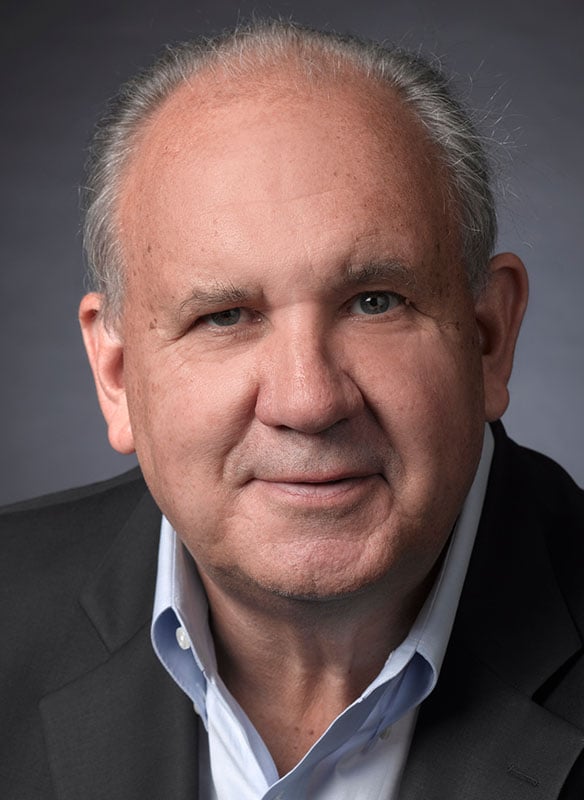
William Garvey
Founder & CIO Emeritus

William Garvey
Founder & CIO Emeritus
Prior to founding Hilton Capital, Bill Garvey spent 30 years with some of Wall Street’s leading firms in the commodities and fixed income markets. It was during this period that Garvey developed his unique approach to building wealth by coordinating risk management with opportunistic income generation. It was to become the guiding principle for Hilton’s investment philosophy.
Garvey’s earlier experience included establishing a fixed income investment advisory business at Ashland Management, where he served as Head of Portfolio Management. Garvey was also affiliated with Lehman Brothers, Bache and Co., Dean Witter, and was a founding partner of William J. Garvey and Co., a member firm of the COMEX. Mr. Garvey earned a B.S. from Fairfield University.
garveyb@hiltoncm.com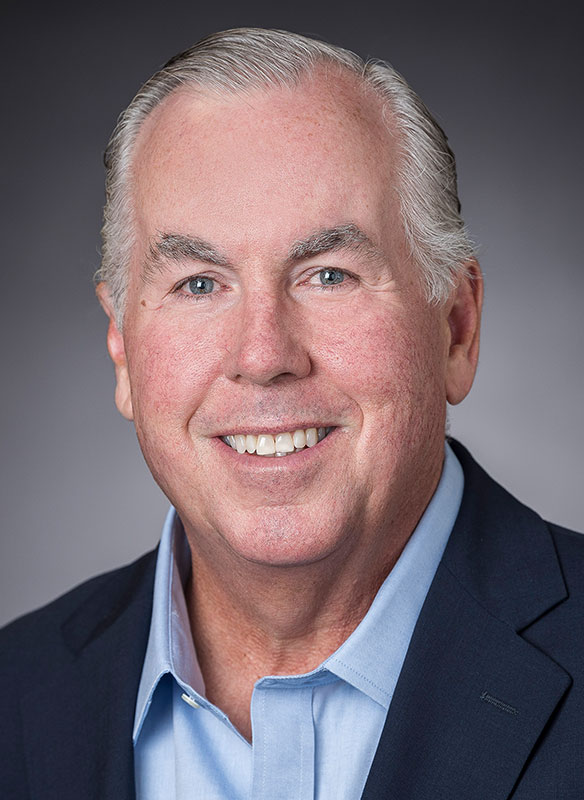
Craig O'Neill
Chief Executive Officer

Craig O'Neill
Chief Executive Officer
Prior to joining Hilton Capital O’Neill forged a 20-year track record leading businesses in the Financial Services industry. At Rafferty Capital Markets he oversaw Institutional Equity Research, Sales, and Trading, and later opened their highly successful Prime Brokerage business. Earlier in his career, O’Neill worked his way up from Equity Option Trader to Partner and Senior Market Maker and Risk Manager for top option specialist firm CDM (an American Stock Exchange member). O’Neill serves on the board of directors as Treasurer for the Little Flower Children and Family Services of New York. O’Neill graduated from Hobart College with a B.S. in Economics.
oneillc@hiltoncm.com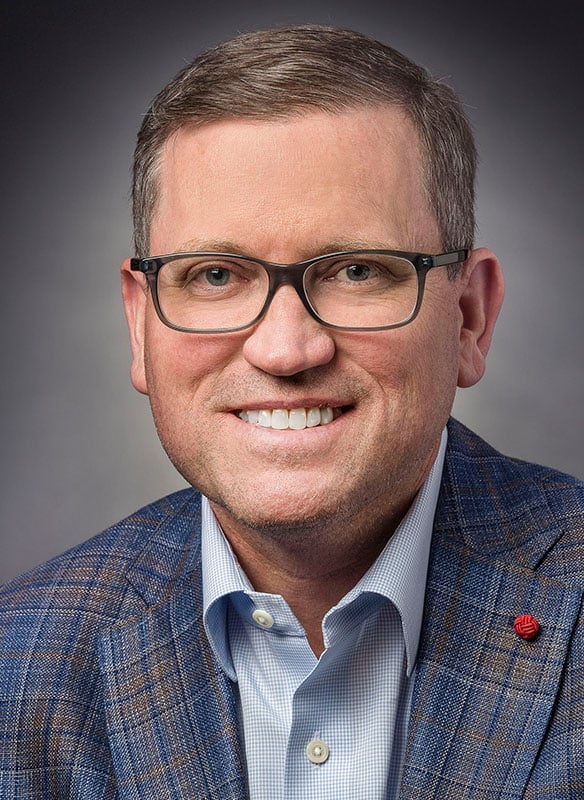
Alexander Oxenham, CFA®
Partner & CIO

Alexander Oxenham, CFA®
Partner & CIO
Portfolio Management Team: Tactical Income, Dividend & Yield, Small & Mid Cap Opportunities
Alex Oxenham joined Hilton Capital in 2011 from HSBC Private Bank in New York where he was a Senior Portfolio Manager and Voting Member on the HSBC Private Bank Investment Policy Committee for the Americas region.
Prior to HSBC, Oxenham worked in portfolio management for Mercantile Bankshares, Bankers Trust Alex Brown/Brown Advisory, and Bank of America. Oxenham holds a B.S. in International Business from the University of Maryland, an MBA in Finance from American University, and is a CFA charterholder. Oxenham is also a CFA Institute member and a member of the New York Society of Security Analysts.
oxenhama@hiltoncm.com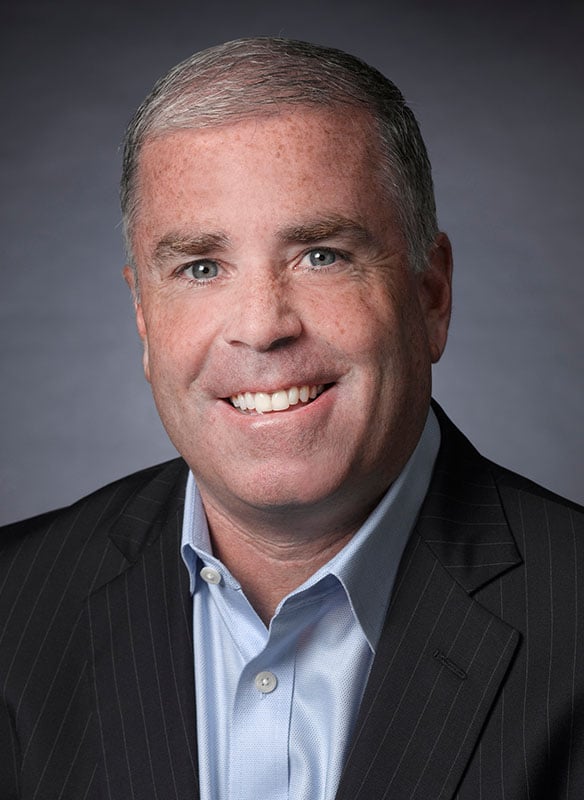
Timothy Reilly
President

Timothy Reilly
President
Tim Reilly joined Hilton Capital in 2017. In his current role as President, he leads the firm's efforts in fostering strategic advisory and institutional platform partnerships. He also plays a pivotal part in growing Hilton's high-level collaborative relationships with other key industry stakeholders. Additionally, Tim serves on the Hilton Investment Committee, contributing robust research and macroeconomic insights that inform the firm's investment views and strategies.
Before Hilton, Tim held distinguished leadership roles, including Managing Director at Bank of America, where he managed the firm's Global Convertible Sales and Trading, and later, led U.S. Research Sales. Earlier, Tim served as a Managing Director at Goldman Sachs, leading the U.S. Convertible Trading operation. Tim serves on the Board of Directors of The River Fund, a non-profit focused on eradicating the ravages of poverty, and holds a B.S. in Economics from Harvard University.
reillyt@hiltoncm.com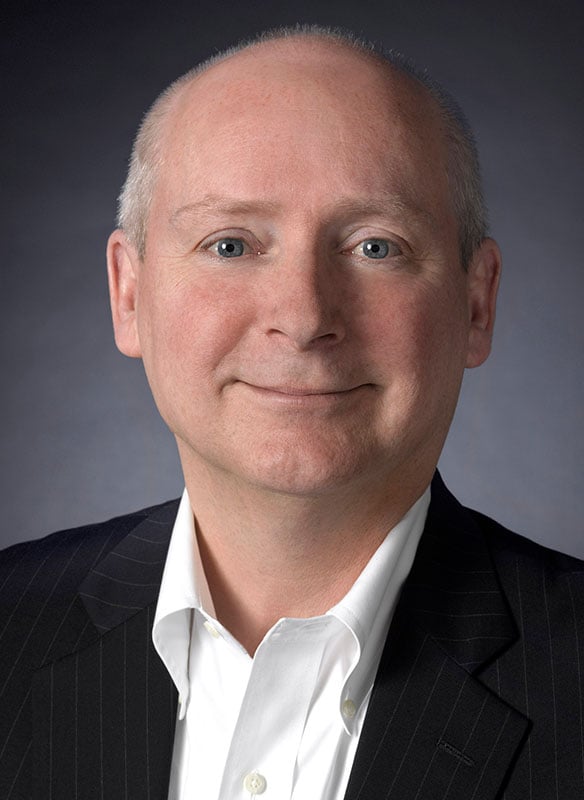
Thomas B. Maher
Portfolio Manager

Thomas B. Maher
Portfolio Manager
Portfolio Management Team: Small & Mid Cap Opportunities, Tactical Income and Dividend & Yield
Tom Maher joined Hilton Capital to launch the Small & Mid Cap Opportunities Strategy in 2019. Prior to joining the firm, he was the portfolio manager of the smid cap, small cap, and micro cap value equity strategies for Lord Abbett. Maher began his investment career in 1989 and worked at several high profile firms such as Lynch & Mayer, Inc., Centurion Investment Group, L.P., and Invesco where he developed an early expertise in technology research.
Maher received a B.S. from Georgetown University and an MBA from New York University.
mahert@hiltoncm.com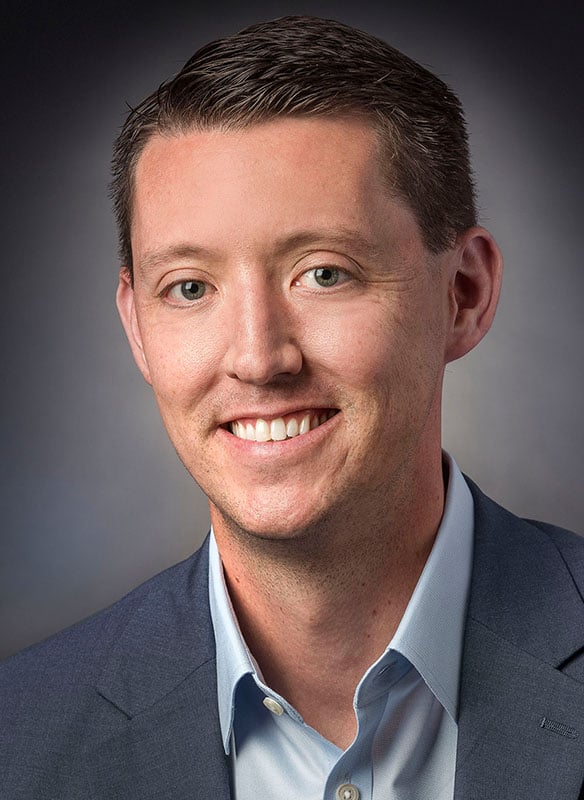
Jason T. Mastronardi, CFA®
Equity Analyst

Jason T. Mastronardi, CFA®
Equity Analyst
Jason T. Mastronardi joined Hilton in 2024 as a small/mid cap equity analyst, collaborating with Tom Maher to oversee the firm’s Small & Mid Cap Opportunities Fund.
Prior to joining Hilton Capital, Jason was a Director and Senior Equity Investment Analyst at Bank of America where he managed three small/mid cap growth equity funds. Prior to that, he served as a Portfolio Manager at Bank of America’s Private Bank.
Jason is a graduate of the University of Maryland with a B.S. in Finance and is a CFA Charterholder. Mastronardi is also a member of the CFA Institute and the New York Society of Security Analysts.
mastronardij@hiltoncm.com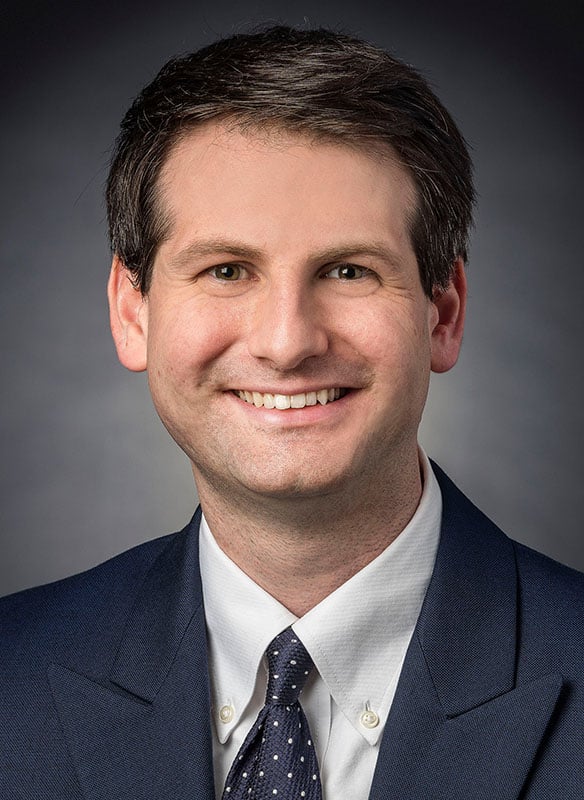
Michael F. O’Brien, CFA®
Investment Analyst

Michael F. O’Brien, CFA®
Investment Analyst
Mike O’Brien joined Hilton in May 2024 as an Equity and Credit Analyst, leading the research efforts across its flagship Tactical Income and Dividend & Yield strategies.
Before joining Hilton, Mike was a Vice President at Wolfe Research, where he served as a sell-side equity research analyst for an All-America Research Team ranked by Institutional Investor. Within his Special Situations coverage, he focused on underfollowed and mispriced public equities that included, spin-offs, restructurings, strategic alternatives, and other catalyst-driven opportunities.
Earlier in his career, Mike was a Senior Consultant at FTI Consulting’s Corporate Finance & Restructuring advisory practice, where he advised on Chapter 11 distressed transactions, mergers & integrations, and cost optimization efforts. Mike is a graduate of Boston College with a B.A. in Economics and Finance and is a CFA Charterholder. O’Brien is also a member of the CFA Institute and the New York Society of Security Analysts.
obrienm@hiltoncm.comSales & Marketing Team
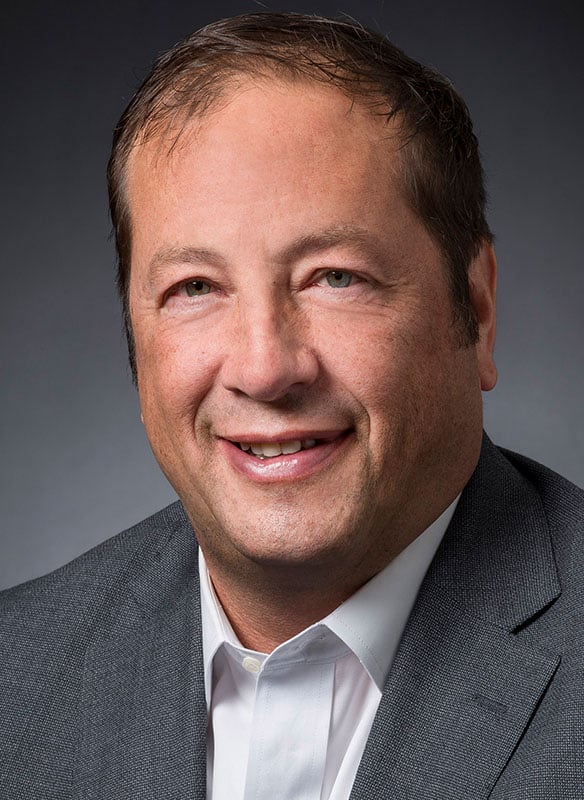
Patrick Carroll
Regional Director - Metro NY and NJ

Patrick Carroll
Regional Director - Metro NY and NJ
Patrick Carroll joined Hilton Capital in April 2022. Prior to working at Hilton, Carroll was VP, Investment Consultant at John Hancock Investment Management, where he covered John Hancock Mutual Funds, ETFs, SMAs, and other products throughout Long Island and Northern New Jersey.
Carroll’s prior sales leadership positions include Investment Management Consultant at BlackRock Asset Management for Long Island, Connecticut, and Westchester County territories. He also served as VP, Sales Director at Legg Mason Asset Management for parts of New York and Connecticut.
Carroll studied Business Administration/Management at Iona College.
carrollp@hiltoncm.com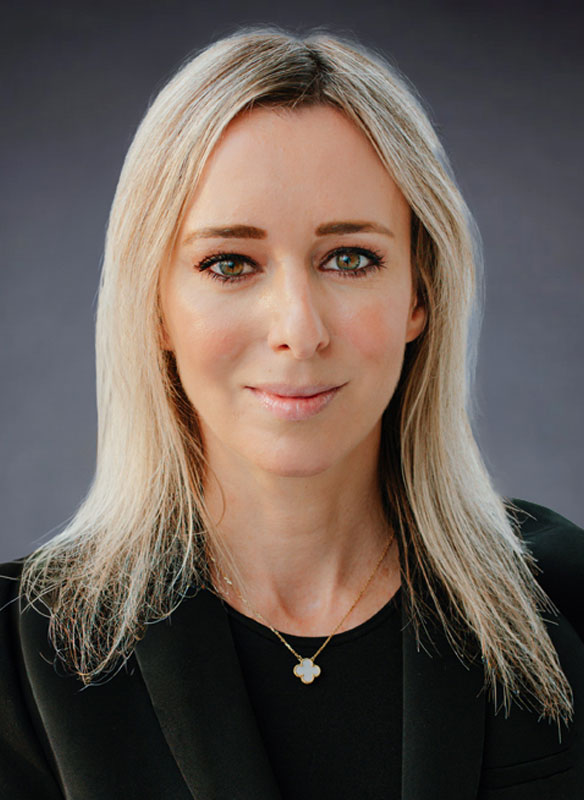
Julie M. Cavanagh
Regional Director, South Central

Julie M. Cavanagh
Regional Director, South Central
Julie Cavanagh joined Hilton as Regional Director, South Central, bringing over a decade of experience in alternative investments and capital markets. Prior to Hilton, Cavanagh raised more than $240 million in SMA and mutual fund strategies at Xtollo Investment Partners and held senior sales roles at StratCap, The Strategic Group, and Ascendant Capital. She has deep expertise in the RIA and broker-dealer channels, with a strong record of exceeding sales targets and driving market expansion. Julie attended the College of Charleston and holds the CAIA designation.
cavanaghj@hiltoncm.com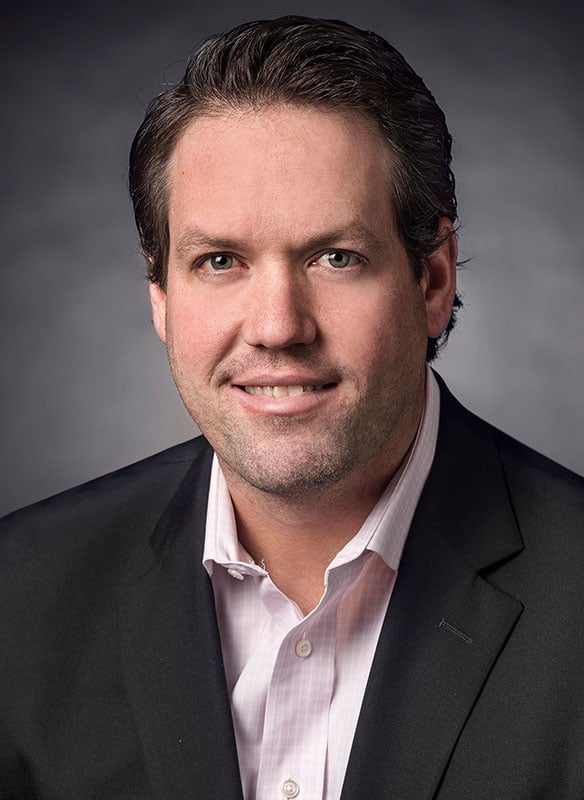
Nick Corsanico, CIMA®
Regional Director - Mid Atlantic

Nick Corsanico, CIMA®
Regional Director - Mid Atlantic
Nick Corsanico joined Hilton Capital in 2020 from Archer, where he led efforts in business development and built new relationships with large, global asset managers. Corsanico provides dedicated sales and marketing support to Hilton clients. Corsanico also held prior roles at Envestnet and Lockwood Advisors and has an extensive background in TAMP, RIA and broker dealer channels. Nick serves on the CYO Board of St. Anastasia School in Newtown Square, PA. Corsanico earned a Bachelor of Science degree in Business Administration and Finance from Widener University in Chester, PA. Corsanico holds the Certified Investment Management Analyst (CIMA®️) designation from the Wharton School of Business.
corsanicon@hiltoncm.com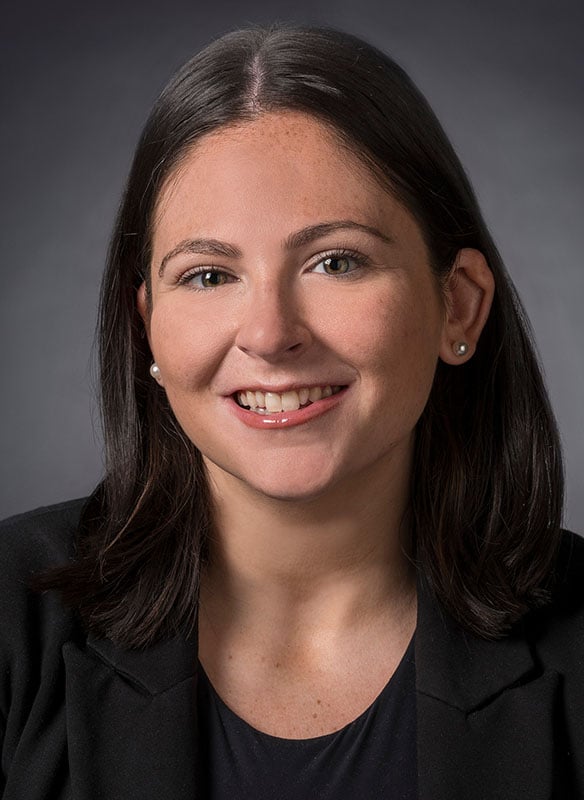
Megan Fox
Internal Sales

Megan Fox
Internal Sales
Megan joined Hilton Capital in August 2023. Prior to working at Hilton, she was a Registered Wealth Management Client Associate at Merrill Lynch, where she assisted in the development and execution of complex investment strategies for clients. Megan's other responsibilities included preparing quarterly performance and other financial reports.
Megan earned a Bachelor of Business Administration in Economics with a minor in Communications from Baruch College.
foxm@hiltoncm.com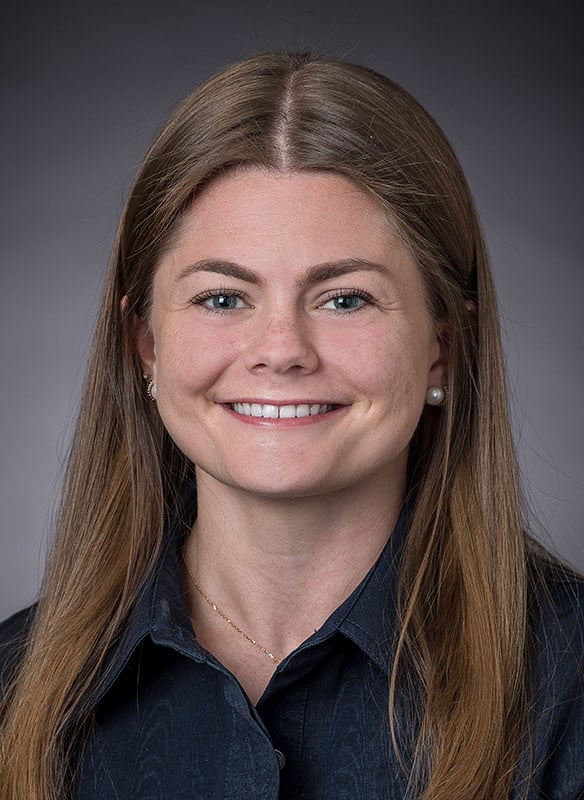
Liz Hannan
Internal Sales

Liz Hannan
Internal Sales
Liz joined Hilton Capital in August 2025 with expertise in financial oversight,
budget strategy, and project management. At Pfizer, her previous employer, she
managed a $5M advocacy budget, led financial planning for UN and World Economic
Forum initiatives, and built partnerships with global organizations. She holds a BA in
Neuroscience and a Minor in Business Finance from the University of Southern
California, graduating cum laude.
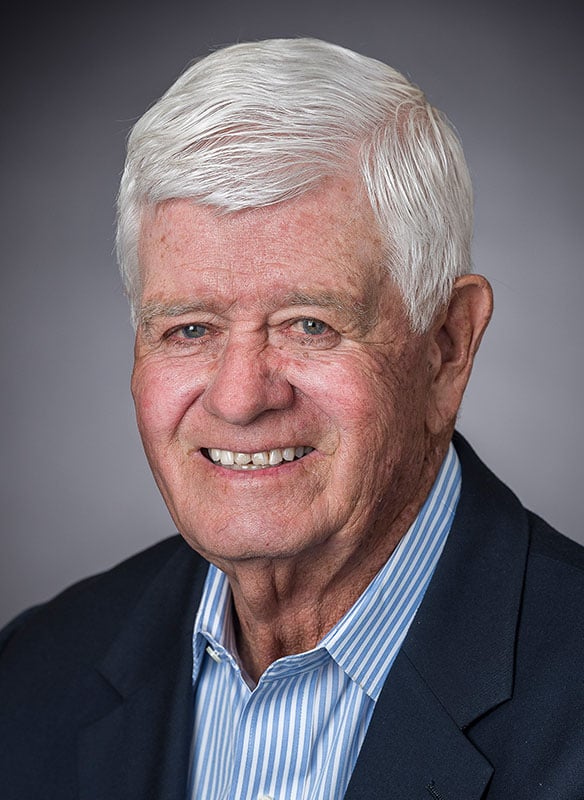
David Jennings
Director, Institutional Sales

David Jennings
Director, Institutional Sales
David Jennings is a Director at Hilton who joined the firm in 2010 assuming a role in the sales / marketing / distribution and client service management functions of Hilton. He has enjoyed an extensive career in the investment management business, holding positions with Scudder Stevens and Clark, Bankers Trust Company (Co-Head, Client Service), Citicorp Investment Management (Head of Sales and Marketing), Westwood Management (Partner), Newbolds Asset Management (President), and Cramer Rosenthal McGlynn (Vice Chairman). Jennings holds a B.S. from Rider University and attended Baruch University, CUNY. He is a former 20-year Trustee of The Professional Children's School in New York.
jenningsd@hiltoncm.com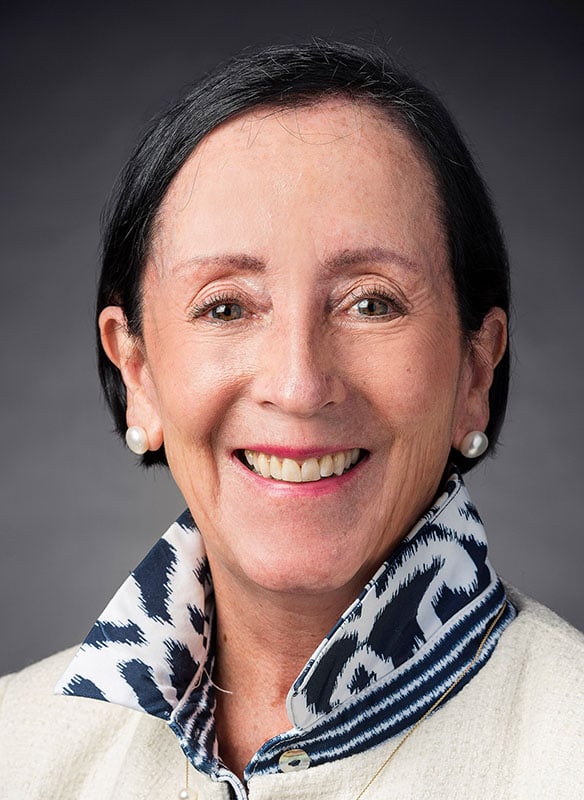
Jessica W. Jennings
Director, Institutional Sales

Jessica W. Jennings
Director, Institutional Sales
Jessica W. Jennings is a seasoned connector in institutional asset management, recognized for driving AUM growth through her global network of consultant relationships and direct business development initiatives.
Jessica joined Hilton in 2024 as Director, Institutional Sales to assist the firm in building its presence in the institutional channels. Previously, she was a Partner at JWJ Advisory, providing strategic consultative services to new and existing institutional asset management companies. She also served as Chief Marketing Officer at Trinity Alps Capital and Fithian LLC, where she led the growth strategies to launch marketing to the institutional allocators and consultants.
Jessica has held key roles at Davis Advisors (Co- Head of Institutional Services), Security Global Investors (Head of Institutional Sales and Consultant Relations), Allied Irish Banks (AIB) (Head of International Sales, Marketing and Client Service), and Christian Brothers Investment Services (Head of Marketing), leading strategy transitions and driving asset growth. A member of 100 Women in Finance, she holds a B.A. in American Studies from Mount Holyoke College. Jessica has an extensive history of service on several not- for- profit boards.
jenningsjw@hiltoncm.com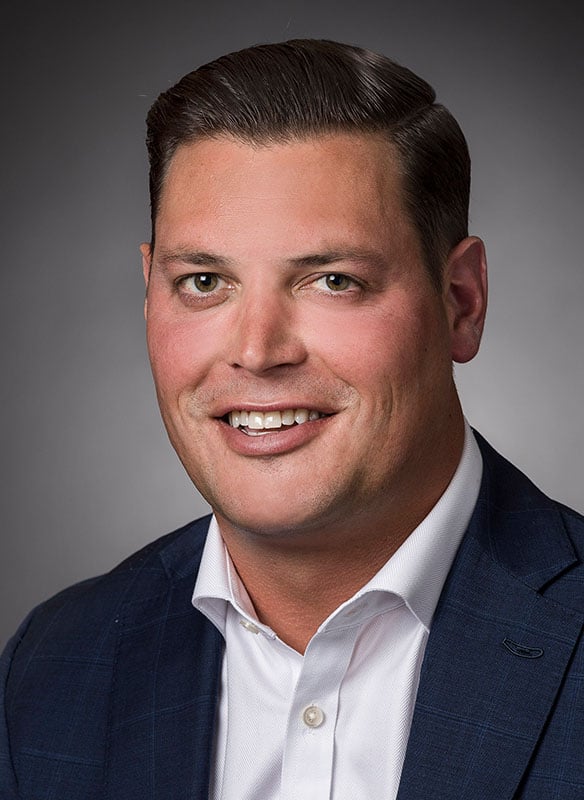
Cody Kaiser
Regional Director - Southeast

Cody Kaiser
Regional Director - Southeast
Cody Kaiser joined Hilton in May 2023 from Pacer ETFs where he served as Managing Director.
Kaiser’s background includes tenures at Automatic Data Processing as a Director of Major Accounts, and as a Vice President at Allianz Global Investors. At Allianz GI, he established a presence in a previously underserved region, and marketed equity, fixed income, and liquid alternative strategies to broker dealers and registered investment advisors.
Kaiser holds a Bachelor of Science in Business Administration from La Salle University and the Associate in Risk Management (ARM) designation.
kaiserc@hiltoncm.com
Matt Malloy
Regional Director - New England & Upstate NY

Matt Malloy
Regional Director - New England & Upstate NY
Matt Malloy joined Hilton in October 2024 as Regional Director of the New England and Upstate New York markets. Previously, he served as Regional Director - Northeast Region for Angel Oak Capital Advisors, LLC, an Atlanta-based credit manager, where he helped drive growth in alternative credit investments.
Matt began his career at Putnam Investments, supporting internal and external wholesalers as an Associate Consultant and assisting financial advisors across New England. While there, he gained deep expertise in Putnam’s distribution model and retail product suite. Matt is a graduate of Boston College with a Bachelor of Science in Finance.
malloym@hiltoncm.com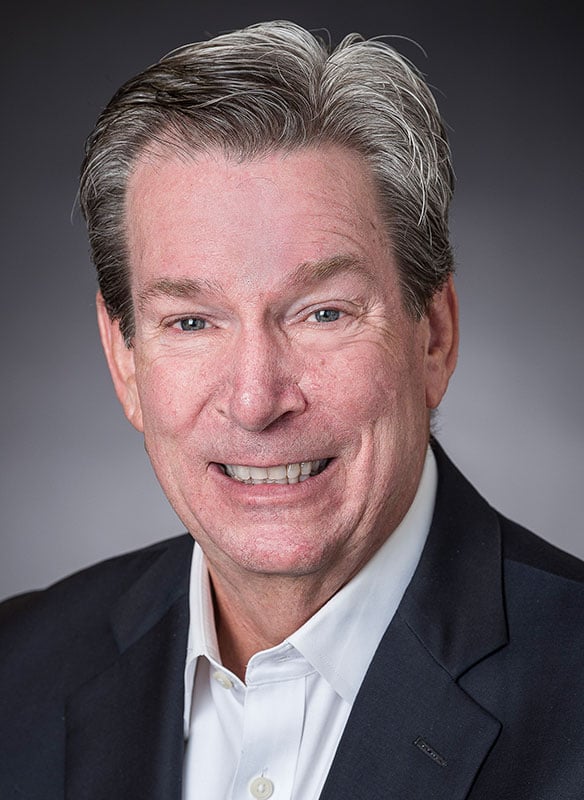
Kevin McCarthy
Director

Kevin McCarthy
Director
Kevin McCarthy joined Hilton Capital in 2012 and is involved in the Sales and Marketing functions for Hilton. McCarthy has had an extensive career within brokerage and the investment management businesses holding positions at GFI Group (VP, MD of Research Sales), Fleet Institutional Trading Services (VP, Senior Equity Trader), Ashland Management (VP, Equity Portfolio Manager), and M&M Securities Inc. (General Partner). McCarthy holds a BBA from Pace University.
mccarthyk@hiltoncm.com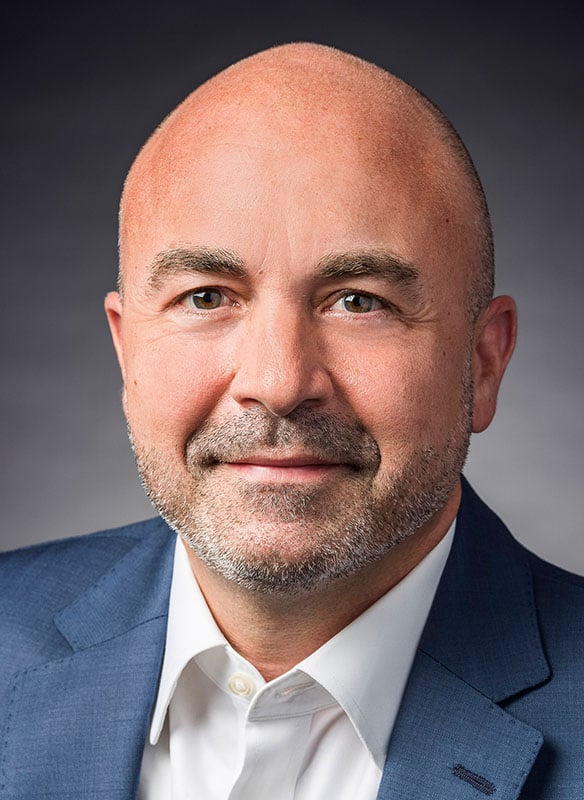
David Miele, CIMA®
Managing Director, National Accounts

David Miele, CIMA®
Managing Director, National Accounts
David Miele joined Hilton in July 2024 from Zacks Investment Management, where he was Director of National Accounts, overseeing the strategic partnerships for the firm. During his tenure, the firm experienced expansive growth across multiple channels and new platforms, including TAMP, RIA, OCIO, and broker dealer channels. Prior to Zacks, Miele held the role of Vice President, National Account Manager with Fred Alger Management. With deep leadership experience in the wealth management industry, Miele brings a proven track record of over two decades in sales growth, new product placement, and business development. Earlier in his career, he held marketing and sales positions at ING Financial Advisors and TD Waterhouse.
Miele holds a Bachelor of Music from Berklee College of Music and is a Certified Investment Management Analyst (CIMA®) from the Wharton School, University of Pennsylvania.
mieled@hiltoncm.com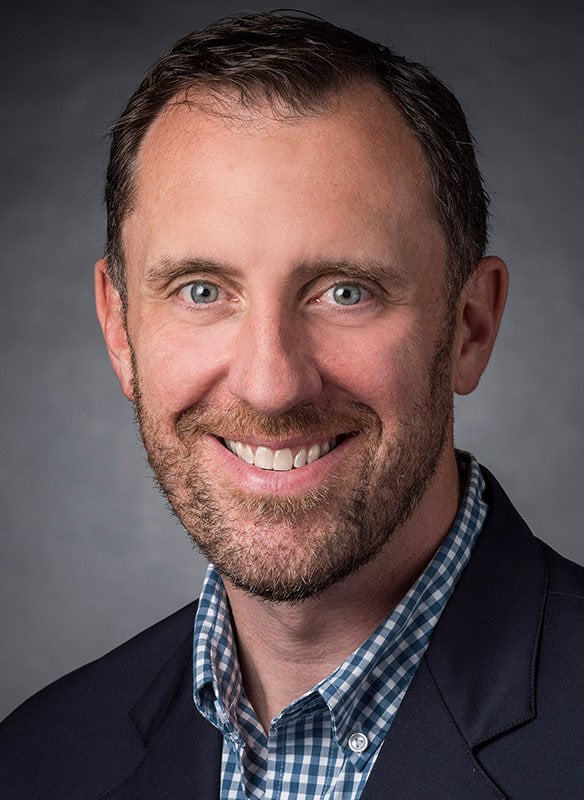
Andrew Molloy
Institutional Sales

Andrew Molloy
Institutional Sales
Andrew Molloy joined Hilton Capital in 2014 and has been integral to the growth of Hilton Capital across multiple channels and platforms including RIAs, TAMPs, broker dealers and institutions. In 2024 he joined the newly formed Institutional Sales Team, tasked with expanding the firm’s presence in the institutional marketplace. Prior to joining Hilton Capital, Andrew ran Business Development for Quality Capital Management U.S. LLC, the North American affiliate of a U.K. based global macro hedge fund manager. For more than ten years at the outset of his career, he held positions of increasing responsibility, finally as the Director of Sales, within the sales and investor relations functions of WCM, LLC, a multibillion-dollar hedge fund investment group. Andrew sits on numerous committees with New York City based nonprofits, primarily focused on youth poverty. He is active in his community in New Canaan, CT, most recently as co-founder of the New Canaan Youth Rugby Club, also volunteering his time with local Boy Scouts of America divisions and coaching multiple youth sports. Andrew graduated from Fairfield University with a B.A. in American Studies.
molloya@hiltoncm.com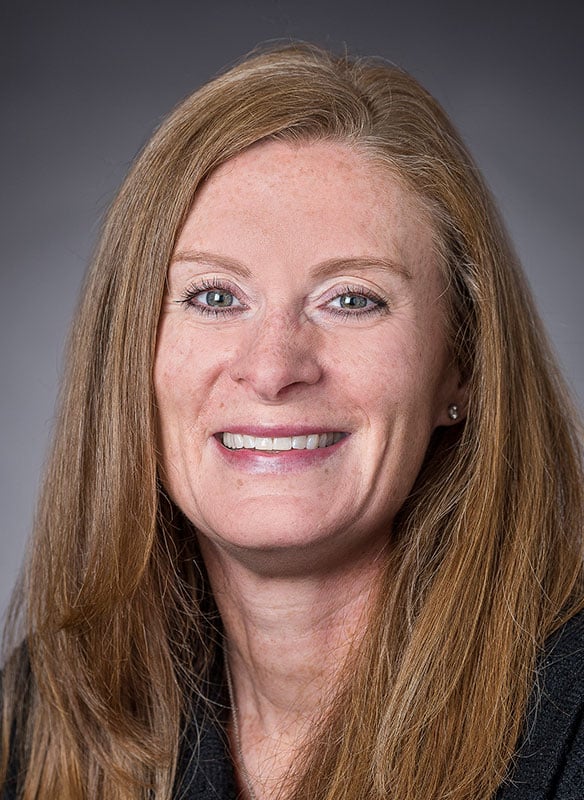
Tara Mooney
Vice President Marketing

Tara Mooney
Vice President Marketing
Tara Mooney joins Hilton as Vice President of Marketing, bringing over 15 years of experience across financial services, recruiting, and business development. Prior to Hilton, she served as a recruiter at Clarity, following a decade-long tenure as Vice President at JPMorgan Chase, she specialized in business development, portfolio management, and complex deal negotiations, overseeing multi-million-dollar debt market transactions for national and international clients. Tara began her career at Bear Stearns and Dresdner Kleinwort Wasserstein supporting strategic planning and sales for North America. She holds a B.S. in Business Administration from Georgetown University’s McDonough School of Business with a concentration in Marketing and Psychology.
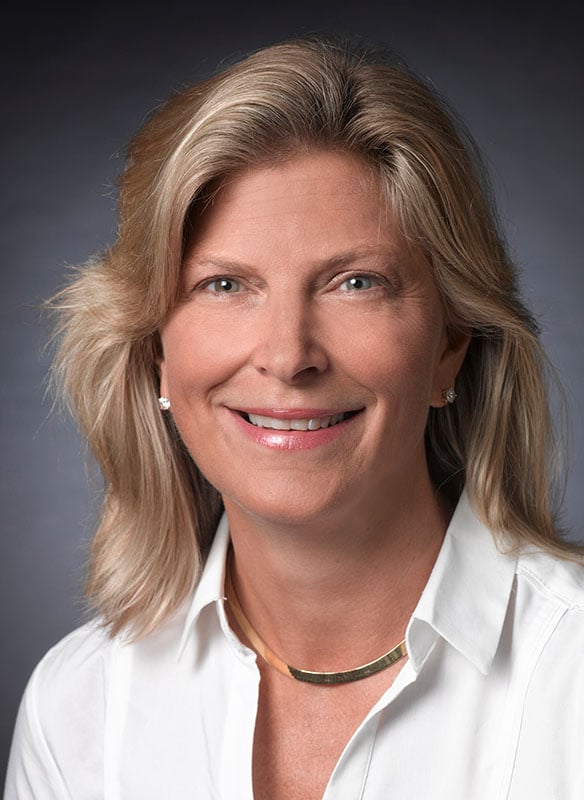
Deborah Ohl
Marketing

Deborah Ohl
Marketing
Deborah Ohl joined Hilton Capital in 2017 assuming a role in Marketing and Client service. Prior to retiring in 2009, Ohl was an Equity Portfolio Manager at The Boston Company Asset Management. Prior to TBCAM Ohl worked at Ashland Management holding various positions in client service and equity portfolio management. Ohl received a B.S. in Economics from St. Lawrence University.
ohld@hiltoncm.com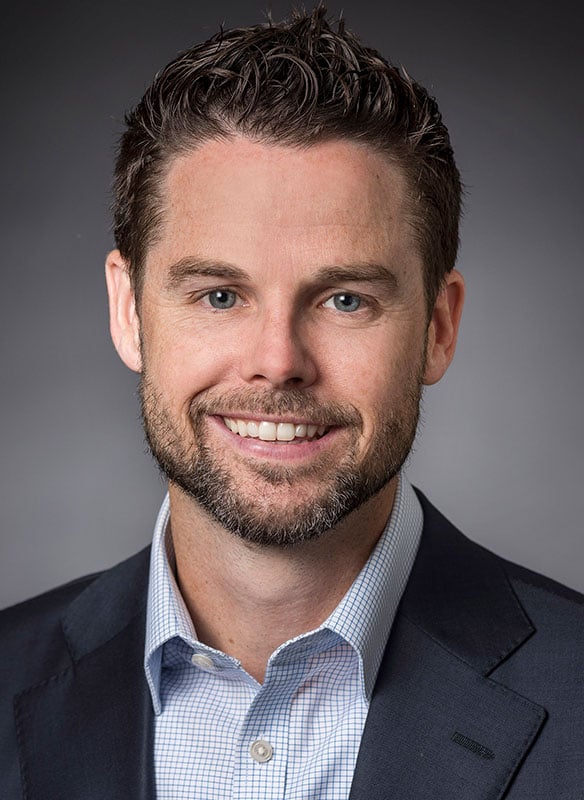
Eric M. O’Reilly
Regional Director - Midwest

Eric M. O’Reilly
Regional Director - Midwest
Eric M. O’Reilly joined Hilton in September 2022 from Calamos Investments, where he finished his 16-year tenure at the firm as Vice President and Investment Consultant. His most recent responsibilities included leadership roles in sales, business development, and training in the Texas region. While at Calamos, O’Reilly built a successful sales track record across Midwest, and Northeast. His expertise covers convertible bonds, small/mid-cap, international/emerging markets, and other fixed income instruments. O’Reilly earned a Bachelor of Science degree in Business Administration from Northern Illinois University.
oreillye@hiltoncm.comCorporate Team
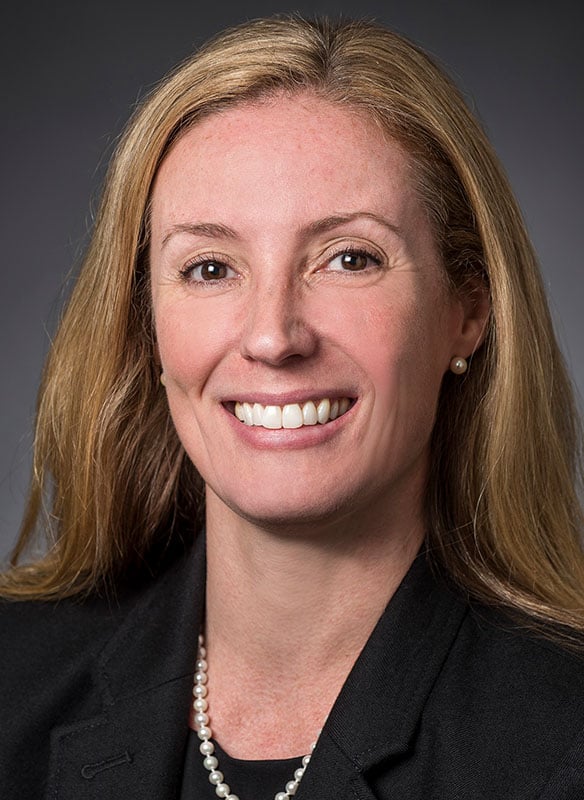
Lorraine Bowman
Vice President, Operations & Trading

Lorraine Bowman
Vice President, Operations & Trading
Lorraine A. Bowman joined Hilton Capital in June 2022 after serving as Head of Operations and Compliance at New York-based futures broker Newgate Global Markets, LLC. While there, she managed all NYS and regulatory filings, banking, insurance, and technology requirements and coordinated new client onboarding. Bowman previously worked at Davidson Kemper Capital Management, LLC, where she spent nine years perfecting her trading expertise, including in spread set-ups and unwinds, short sales, and equity swaps. She earned a Bachelor of Arts in English and a minor in Public Relations from the State University of New York, College at Geneseo.
bowmanl@hiltoncm.com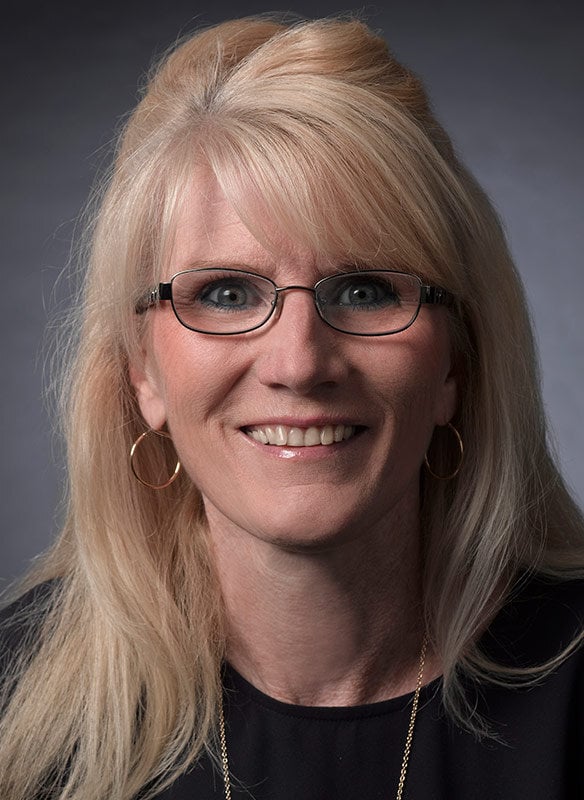
Kate DeAngelo
Vice President, Finance

Kate DeAngelo
Vice President, Finance
Kate DeAngelo is Vice President of Operations at Hilton Capital. She is a graduate of the University of Pennsylvania with a B.S. degree in Economics. Ms. DeAngelo started at Lebenthal & Co., LLC as a sales and trading assistant. She has completed a Management Program at Chemical Bank. DeAngelo was a Vice President of Sales & Marketing at Chase.
deangelok@hiltoncm.com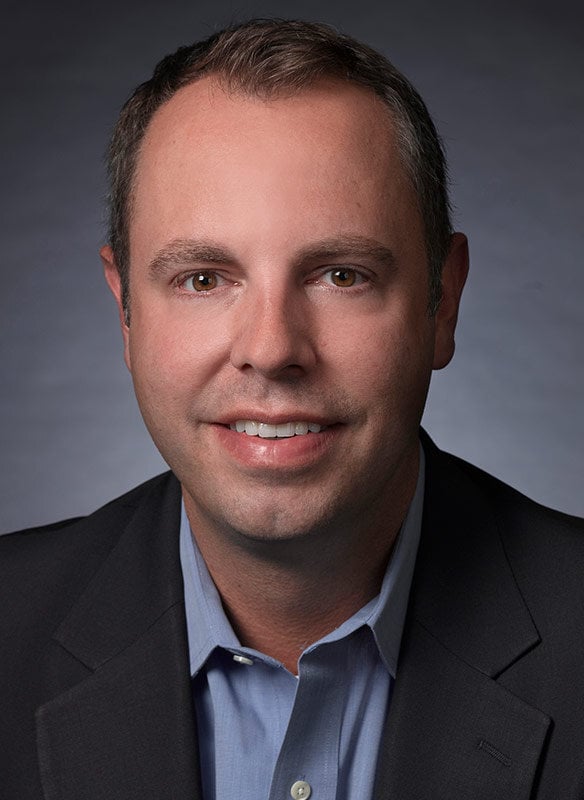
Cameron Heaney
Vice President, Operations

Cameron Heaney
Vice President, Operations
Cameron Heaney is a graduate of The State University of New York at Stony Brook with a B.S. in Business Management. Heaney started his career at Chapdelaine & Co. as an operations analyst and went on to work at Tullett Prebon and later Rafferty Capital Markets, LLC where he ran the operations department.
heaneyc@hiltoncm.com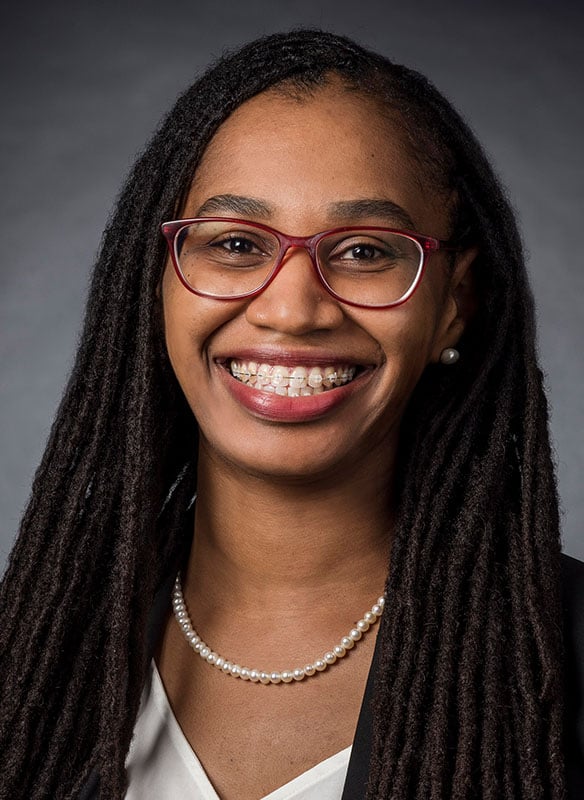
Shari James
Chief Financial Officer

Shari James
Chief Financial Officer
Shari James is the Chief Financial Officer for Hilton Capital. She has held senior finance and accounting positions in both the public and private sectors. James most recently served as the Chief Deputy Comptroller of Nassau County. Her prior experience includes roles at J.P. Morgan Chase, City of Long Beach, Bloomberg L.P. and PricewaterhouseCoopers. Shari has served on the Board of the Nassau County Girls Scouts, and is a current Advisory Board member for Community Housing Innovations and is a Trustee for Molloy University. James graduated from St. John's University with a B.S. in Finance.
jamess@hiltoncm.com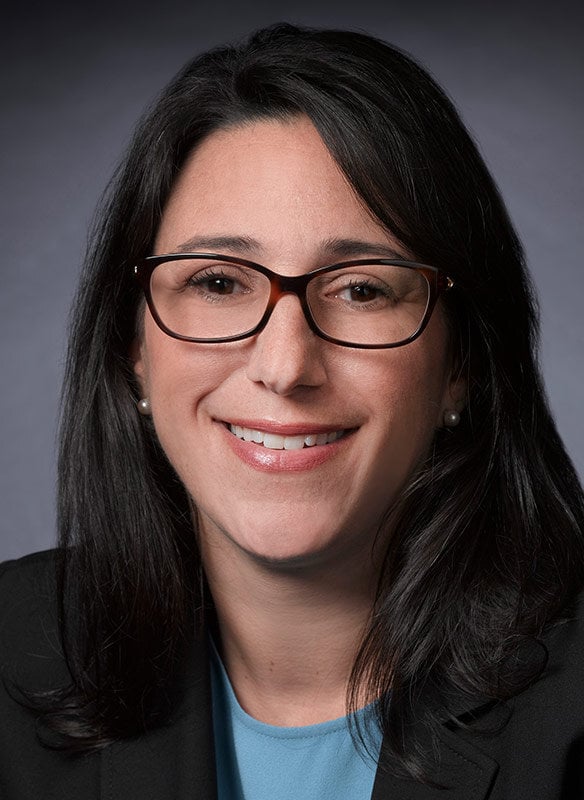
Barbara Martens
Chief Operating Officer

Barbara Martens
Chief Operating Officer
Barbara Martens is Chief Operating Officer for Hilton Capital. She was integral in the company's formation and currently oversees all areas of regulatory compliance. Prior to Hilton Capital, Martens was employed by Glass Capital Management and Glass, Sanders, Smith & Miller, both branches of Royal Alliance Associates. Martens is a graduate of Iona College with a B.S. in Political Science.
martensb@hiltoncm.com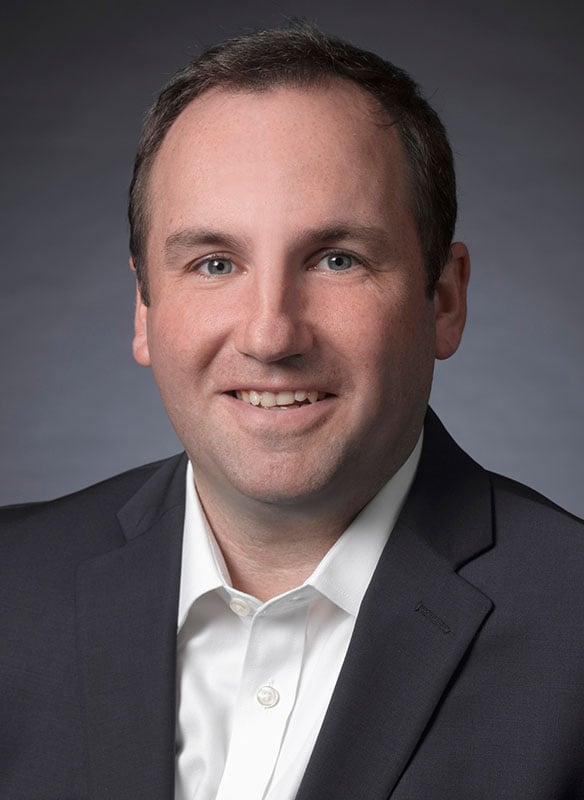
Sean McDermott
Head Trader

Sean McDermott
Head Trader
Prior to joining Hilton Capital, Sean McDermott was a Managing Director and head of Evercore ISI Healthcare Trading. He has over 10 years of experience in sales and trading. McDermott graduated from Duke University with a degree in Political Science and Markets & Management. He has spent his career at ISI and Evercore ISI. He was a sales trader the first six years covering many dedicated healthcare hedge funds, then trading the healthcare pad the last 4 years.
mcdermotts@hiltoncm.com